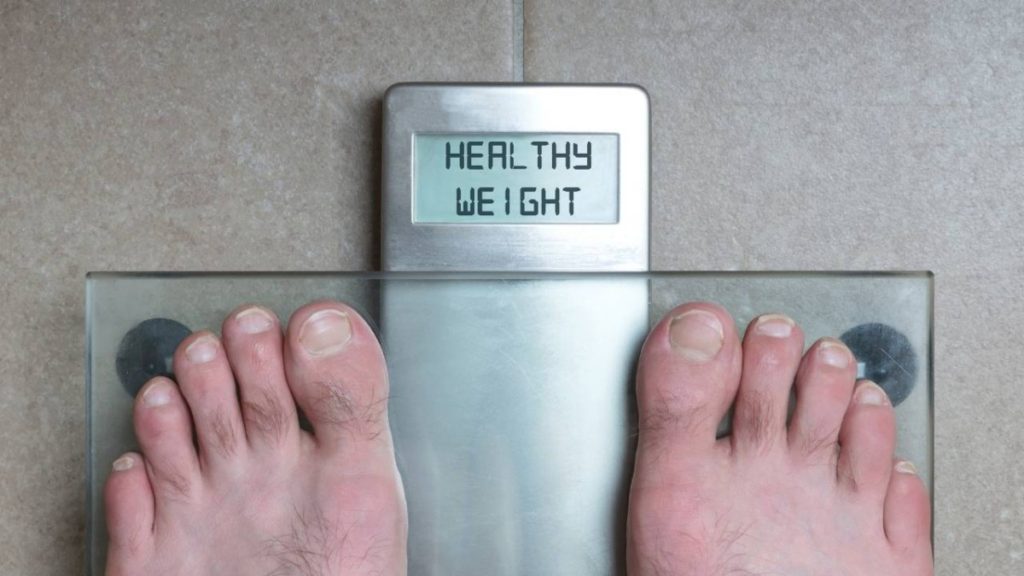
Understanding your average 4-mile times is vital because, unlike shorter distances like 1 or 2 miles, you begin to slow down and can’t hold that 1 mile split as comfortably. A 4-mile average pace is a far better estimation of longer distances, especially for half marathon or 10km races.
On average, you can expect most beginners to reach a 4 mile run in a time of between 37 minutes and 59 minutes. For more advanced runners you can estimate a time of 26 minutes. For professional runner its a time of 20 minutes.
Table of Contents
Average 4 Mile Running Time by Age for Males
On average it takes a male between 37.36 and 52.20 to run 4 mile. It depends on their age, weight and overall fitness levels. For instance a male that is aged between 25-29 can expect a 4 mile running time of 40.12. For a male that is aged 40-44 can expect 41.12.
| Average Time to Run 4 Mile For Males | ||||||
| Age | Beginners | Intermediate | Advanced | |||
| 15-20 | 38:16 | 31:16 | 24:04 | |||
| 20-25 | 38:00 | 31:08 | 23:52 | |||
| 25-30 | 40:12 | 31:16 | 24:08 | |||
| 30-35 | 40:36 | 31:32 | 24:20 | |||
| 35-40 | 41:32 | 31:52 | 25:28 | |||
| 40-45 | 41:52 | 32:52 | 26:12 | |||
| 45-50 | 42:52 | 33:56 | 27:12 | |||
| 50-55 | 44:32 | 35:24 | 28:08 | |||
| 55-60 | 48:32 | 39:04 | 30:12 | |||
| 60-65 | 52:20 | 39:56 | 31:24 | |||

Average 4 Mile Running Time By Age for Females
On average it takes a female between 44.36 and 58.28 to run 4 mile. It depends on their age, weight and overall fitness levels. For instance a female that is aged between 30-34 can expect a 4 mile running time of 48.36. For a female that is aged 45-50 can expect 50.04.
| Average Time to Run 4 Mile For Females | ||||||
| Age | Beginners | Intermediate | Advanced | |||
| 15-20 | 45:56 | 36:12 | 28:32 | |||
| 20-25 | 46:40 | 35:52 | 28:12 | |||
| 25-30 | 46:48 | 36:12 | 28:36 | |||
| 30-35 | 48:36 | 36:36 | 28:56 | |||
| 35-40 | 48:52 | 38:32 | 29:32 | |||
| 40-45 | 49:36 | 39:48 | 31:24 | |||
| 45-50 | 50:44 | 40:12 | 32:08 | |||
| 50-55 | 53:20 | 41:20 | 34:08 | |||
| 55-60 | 58:28 | 44:00 | 35:56 | |||
| 60-65 | 59:08 | 46:32 | 36:20 | |||
Generally, we are at our fastest when we are between the ages of 16-24 because our bodies are more capable at this time. After the age of 24, our running speeds start to gradually decline as we age. This doesn’t mean that we can’t continue to improve our times, but it does become more challenging to do so.
However, most people notice their biggest improvement in running times when they reach the age of 30, and this continues into your mid-40s. The reason we improve so much over this period is our willingness to train more, and we happen to be more consistent with running than we were in our teens and early twenties. So take advantage of this period in your life.
Other Running Distances That Could Help You
What is the Average 4 Mile Run Time?

However, this time can vary depending on a person’s individual fitness level, gender and age. For example, someone who is in excellent shape and regularly runs long distances may be able to complete the 4 miles in closer to 30 minutes.
On the other hand, someone who is just starting out with running may take closer to 45 minutes to complete the same distance. Ultimately, the time it takes to run 4 miles will depend on the individual runner’s fitness level and how much running experience they have.
If you have been running at least 3 or 4 times a week for 4 – 6 weeks, you can expect to hold your 1-mile average pace for 4 miles, so understanding your 1-mile time is essential. After mile 5, you might start to notice a 10 to a 20-second difference in your 1 mile split as you go deeper into running, you will see those times change even more.

How Many Calories Will You Burn Running 4 Mile?
On average, if you run 4 mile at a 10 minute pre mile pace at a speed of 6mph you can expect to burn around 600 calories. The number of calories you burn running 4 mile will depend on your weight, gender and pace. A person who weighs 200 pounds and runs 4 mile in 10 minutes will burn about 608 calories. A person who weighs 170 pounds and runs 4 mile in 10 minutes will burn about 512 calories.
The table below uses the average 4 mile pace of a 10 minute mile which is around 6mph. If you run slower or fast than this pace you can add or subtract calories from this list. For the complete in-depth article, how many calories do you burn running 4 mile.
| Weight | Calories burn for 4 mile run |
| 160lbs | 488 calories |
| 170lbs | 512 calories |
| 180lbs | 548 calories |
| 190lbs | 572 calories |
| 200lbs | 608 calories |
| 210lbs | 632 calories |
| 220lbs | 668 calories |
| 230lbs | 700 calories |
| 240lbs | 728 calories |

Can You Lose Weight Running 4 Miles?
Studies reveal it takes 3500 calories to burn approximately 1 pound of body fat. Therefore, if you run 4 miles, you can expect to burn around 600 calories on average. Suggesting if you run 4 miles 6 times a week, you can lose 1 pound of body fat weekly, ultimately losing weight in the process.
However, if you adjust your diet and eat at your basal metabolic rate (BMR) you can expect to lose 0.5 pounds of extra weight. If you decrease your calories to 250 a day under your BMR, you can reach 2 pounds weekly. Therefore, after 12 weeks of regular 4 mile runs, you could potentially lose 24 pounds of weight.
However, our bodies are amazing machines, and you will quickly adjust to your new energy output. After week 4 or 6, you will typically notice a slower rate of weight loss. To continue on the weight loss journey, I would advise increasing your running distances instead of cutting your calories. If you eat too few calories, it will drastically impact your performance, and you will burn out.
What’s the best investment you could make in your running performance? To discover the exact running gear and why it has significantly improved my running, read this post.

Is a 4 Mile Run in 30 minutes Good?
A 4-mile run time in 30 minutes is considered intermediate to advanced for most runners because it’s an average mile split time of 7:30. This pace is very challenging to maintain for 4 miles, especially for beginners.
To put it into perspective, elite marathon runners will maintain an average mile split time of around 6 minutes. Therefore, if you can run 4 miles in 30 minutes, you are only 01.30 minutes off the elite marathon pace. A 40 minute 4 mile time is a better understanding of a good time for beginner runners.
It is important to set running goals and strive toward improving your running times. However, if you are new to running, you won’t hit a 30-minute 4-mile time. If you can reach a 40-minute 4-mile time 3 to 4 times a week, you are definitely progressing well.
Average Time to Run 4 Mile Summary
A good 4 mile time for most people is 31:15. This is the average across all ages and genders. On the other hand, the fastest 4 mile time is 16:43. For most beginners, they can expect to reach a 4 mile run in between 37 minutes and 59 minutes. Those who are more advanced runners can estimate a faster time of around 40-45 minutes.
If you have the goal of running 4 miles in 30 minutes or less, it’s important to start by running as far as you can in that timeframe before gradually increasing your mileage over time. Once you hit 30 minutes, you can then try to reach 40-45 minutes by adding more distance each time you run.



